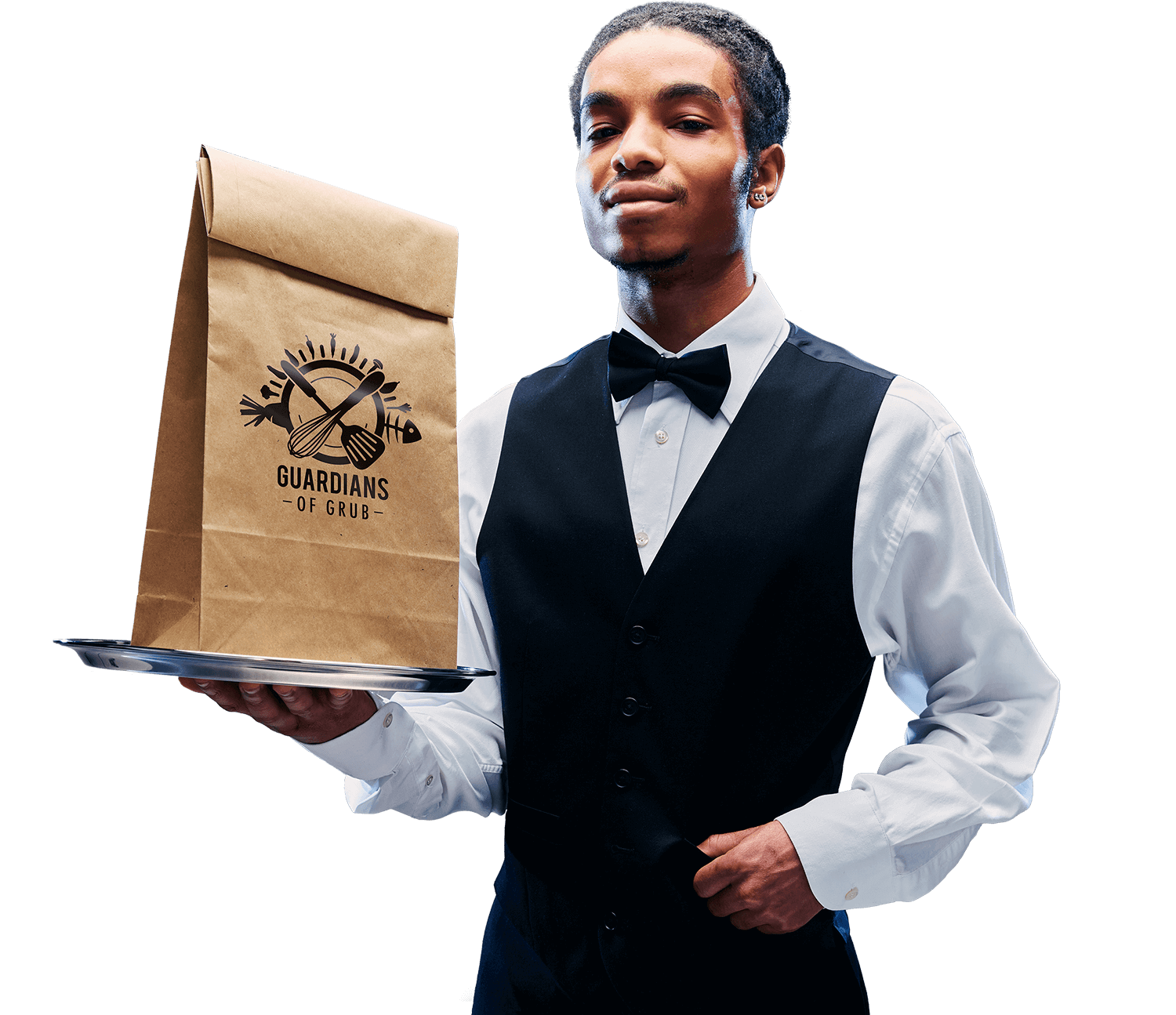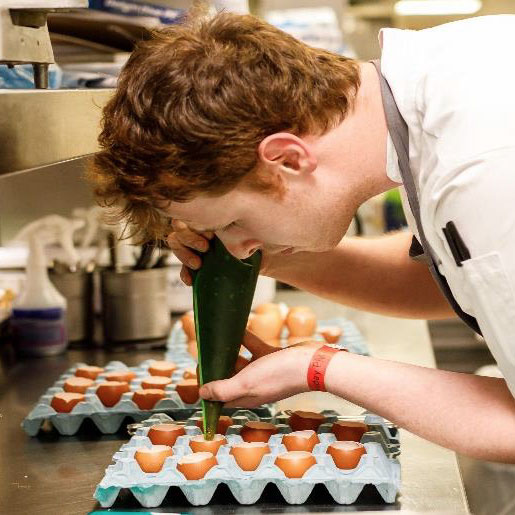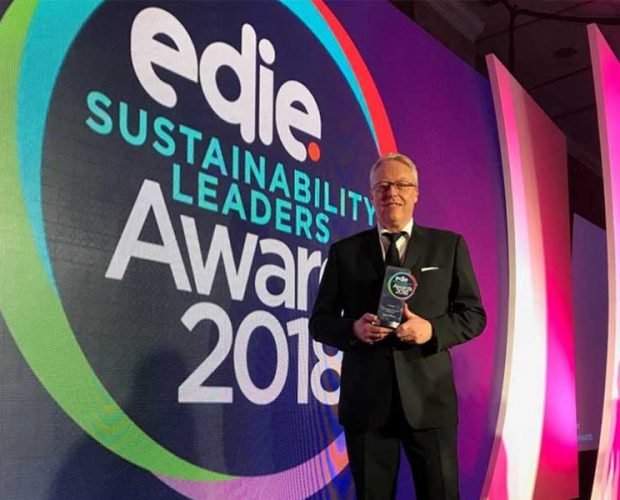Baxterstorey
BaxterStorey is an independent hospitality provider which serves fresh, locally sourced produce in over 900 locations. ‘Food Waste Costing The Earth’, was launched in 2014 to segregate, weigh and report waste, through their accounts platform. The initial target of 15% reduction was smashed within the first year, showing a reduction of 19.9%.

SUMMARY
Food waste is a significant issue in the hospitality sector with impacts that cross environmental, financial and societal boundaries. BaxterStorey launched ‘Food Waste Costing the Earth’ to segregate food waste by plate waste, production waste and spoilage waste. The segregation, weighing and reporting process, along with the interactive training sessions, has resulted in 42% reduction in food waste.

MONITORING AND MEASUREMENT
Three objectives were to monitor costs for both the company and clients, to differentiate avoidable (over production, spoiled ingredients) and unavoidable food waste (bones, peelings, shells); and understand the full life cycle environmental impact of their food waste.
Teams were empowered to collect and measure their own food waste in the way they felt most appropriate for their location. This actively engaged teams in the project and meant it fitted seamlessly into the everyday running of their kitchen without impacting cost or resources.
The technology used has bespoke reporting functions, enabling teams to enter the weight in kilos, with an added food cost per kilo allowing the business to review the cost as a percentage of purchases.
TIP
The success of the project was due to the enthusiasm and willingness of their locations to be a part of the programme.

“Our teams have embraced our culture of sustainability. At one site, we use the remaining peel from a machine that squeezes fresh oranges, to make marmalade, which is sold on site to raise money for charity”
Mike Hanson
Head of Sustainable Business
KEY OUTPUTS
Before the project, it was estimated that the percentage of food waste against purchases would have been more than 10%. In 2018, BaxterStorey achieved their target of 3%, with an actual of 2.86%. Whilst there will always be unavoidable waste, through innovation and skill, BaxterStorey are aiming to reduce the percentage to 2% by 2020.
The reduction in food waste equates to saving 59,000 tonnes of CO 2 emissions, the equivalent to removing over 16,000 cars off the road for a year and planting nearly 3 million trees.
CHANGES MADE
An increased focus on managing waste has reduced both environmental impact and delivered financial savings through reduced waste disposal and more efficient plating techniques.
- 70% total food waste is recycled through client’s or their own contracted waste streams.
- 60% waste is recycled through anaerobic digestion which is the most sustainable way of reducing food waste.
- Over 900 locations are reporting plate, spoilage and production waste each month, measured against food and beverage purchases.
SAVINGS
BaxterStorey has seen an incredible food waste reduction of 42%, equating to 6,600 tonnes. This has saved clients over £3m in disposal costs and £300k in energy costs and saved 800,000 kilograms of CO 2 e in energy consumption.

